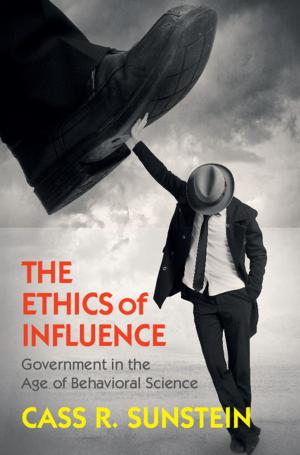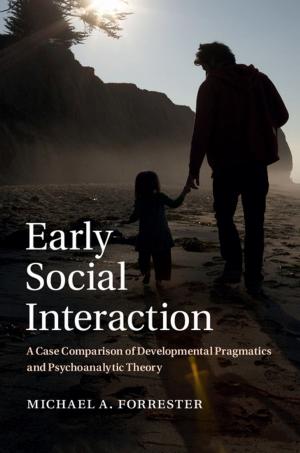Women Writers and Journalists in the Nineteenth-Century South
Nonfiction, History, Americas, United States, 19th Century, Social & Cultural Studies, Social Science| Author: | Jonathan Daniel Wells | ISBN: | 9781139140317 |
| Publisher: | Cambridge University Press | Publication: | October 24, 2011 |
| Imprint: | Cambridge University Press | Language: | English |
| Author: | Jonathan Daniel Wells |
| ISBN: | 9781139140317 |
| Publisher: | Cambridge University Press |
| Publication: | October 24, 2011 |
| Imprint: | Cambridge University Press |
| Language: | English |
The first study to focus on white and black women journalists and writers both before and after the Civil War, this book offers fresh insight into Southern intellectual life, the fight for women's rights and gender ideology. Based on new research into Southern magazines and newspapers, this book seeks to shift scholarly attention away from novelists and toward the rich and diverse periodical culture of the South between 1820 and 1900. Magazines were of central importance to the literary culture of the South because the region lacked the publishing centers that could produce large numbers of books. As editors, contributors, correspondents and reporters in the nineteenth century, Southern women entered traditionally male bastions when they embarked on careers in journalism. In so doing, they opened the door to calls for greater political and social equality at the turn of the twentieth century.
The first study to focus on white and black women journalists and writers both before and after the Civil War, this book offers fresh insight into Southern intellectual life, the fight for women's rights and gender ideology. Based on new research into Southern magazines and newspapers, this book seeks to shift scholarly attention away from novelists and toward the rich and diverse periodical culture of the South between 1820 and 1900. Magazines were of central importance to the literary culture of the South because the region lacked the publishing centers that could produce large numbers of books. As editors, contributors, correspondents and reporters in the nineteenth century, Southern women entered traditionally male bastions when they embarked on careers in journalism. In so doing, they opened the door to calls for greater political and social equality at the turn of the twentieth century.















